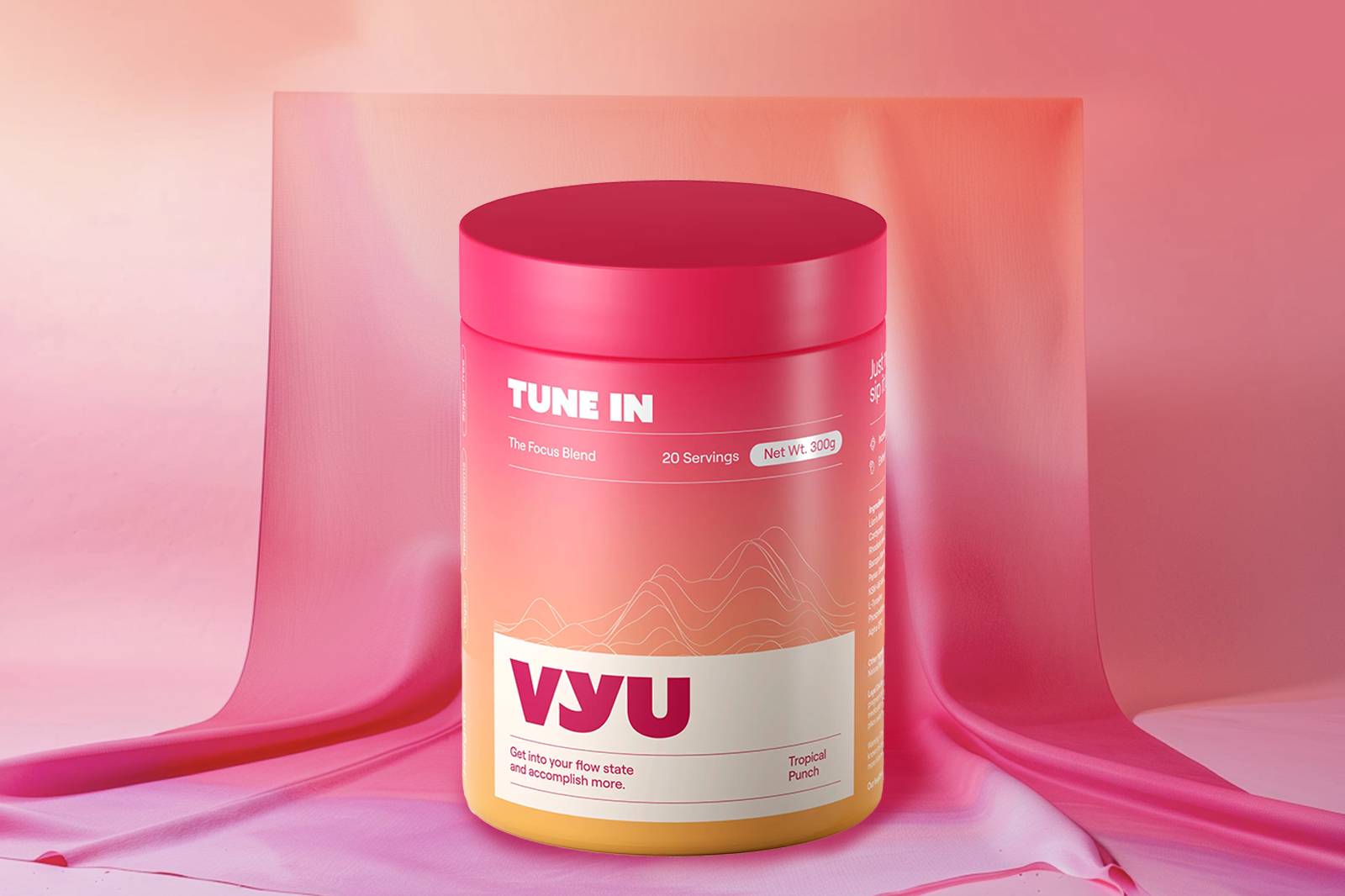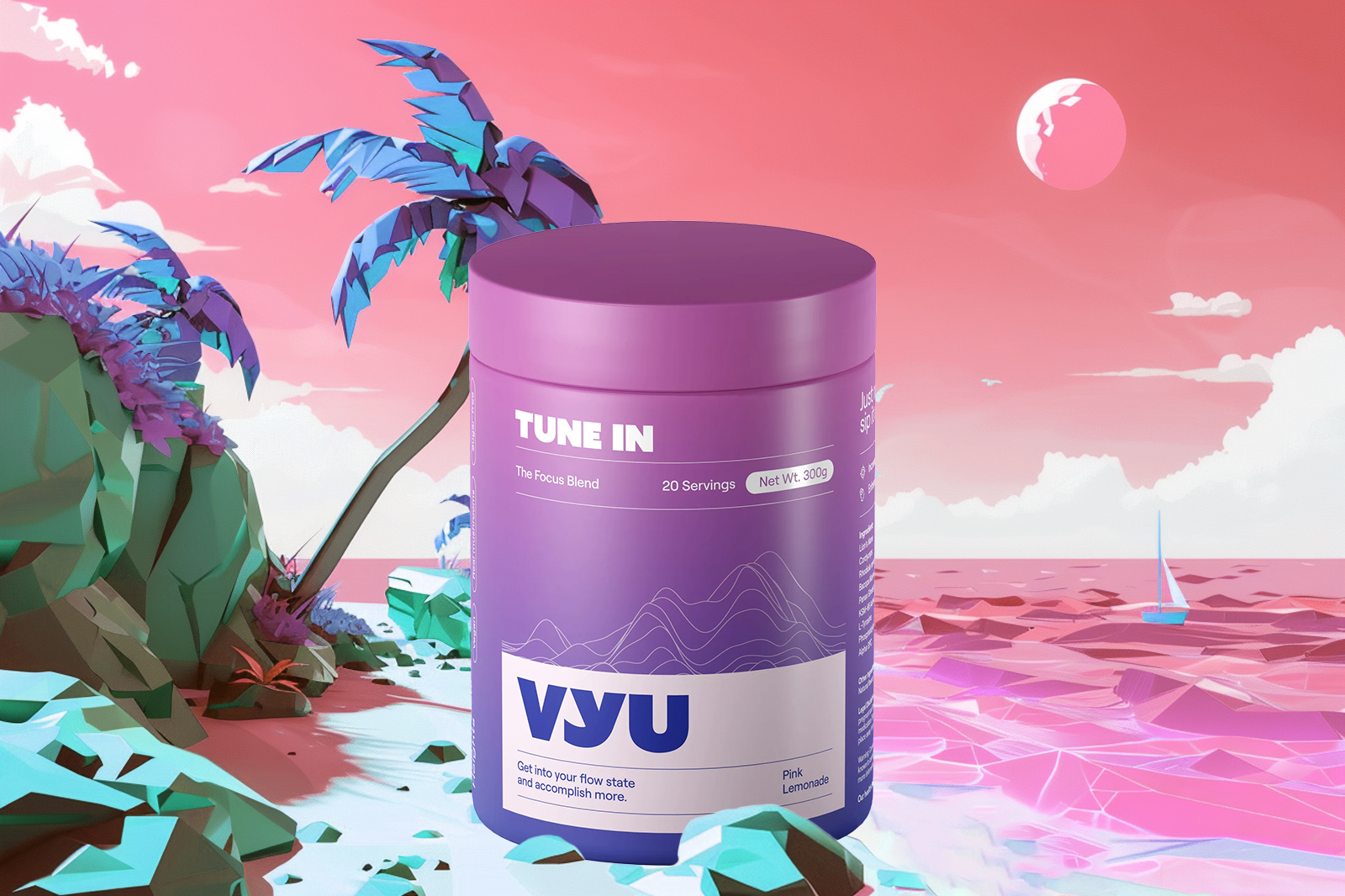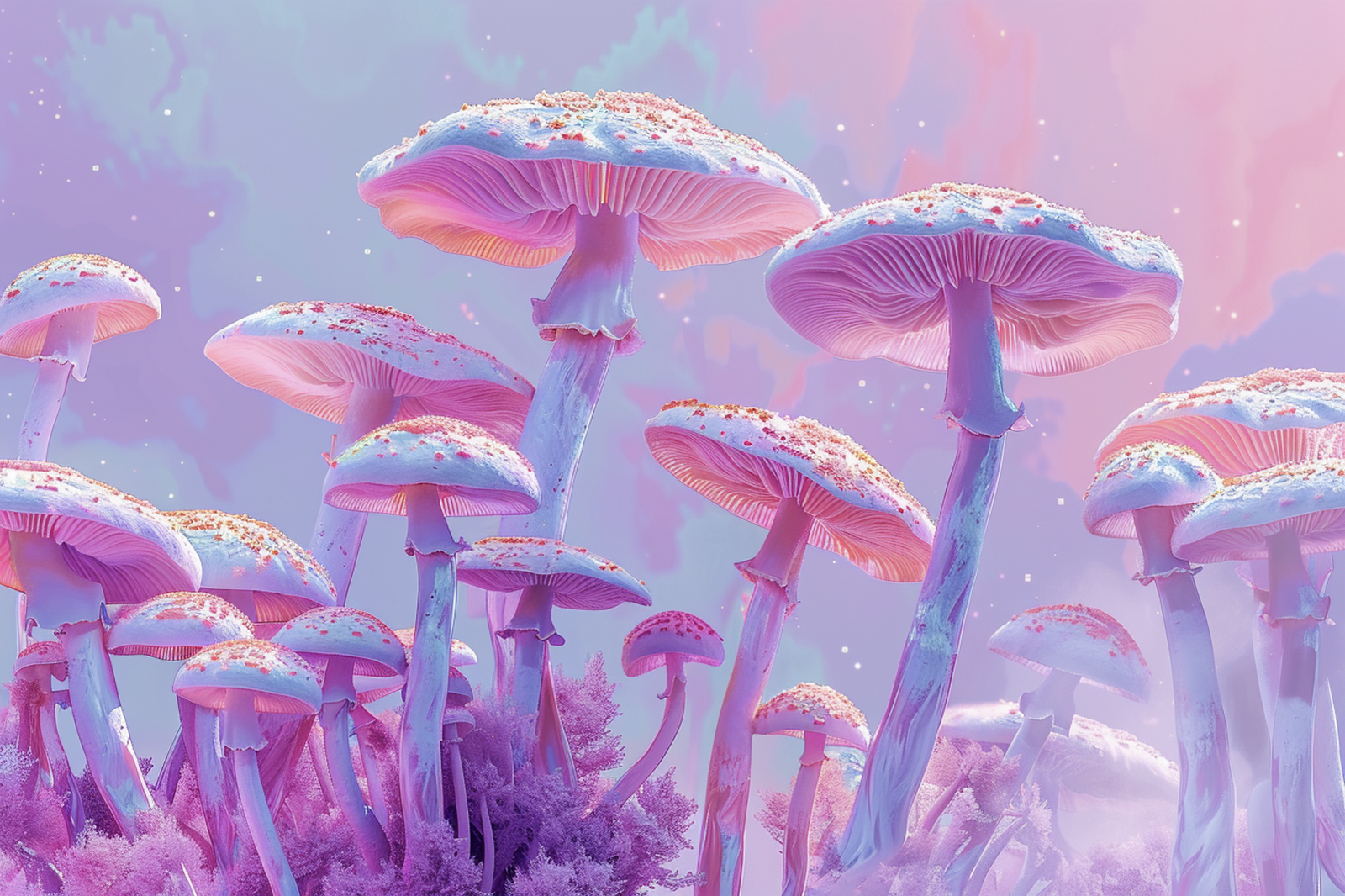

Best Vegan Meals for Gaining Muscle
Published:
Updated:
As more and more people are turning to veganism there is one thing that worries those who work out regularly: how to build muscle with plant-based food. If you are vegan and have this same worry, you'll be glad to know that even some of the world's most famous professional bodybuilders are vegan.
The reality is that it can be done and it is fairly easy with just some lifestyle and diet changes. The first thing you need to know is that to build and maintain muscle mass you have to consume generous amounts of protein, and protein can found as much in plants as in animals.
Nutritionists say that if you want to increase your muscle mass you should consume between 1 to 2.5 grams of protein per kilogram of body weight every day.
Having said this, it is important to know that plant-based proteins are not as complete as the ones found in animals, this means that you'll have to combine different plant protein sources to get the full set of nutrients that allow muscle growth. That's why some nutritionists and bodybuilders recommend taking protein supplements that ensure that you'll build proper muscle if you are vegan.
If you are serious about building muscle without compromising your vegan lifestyle, follow these rules to ensure that you gain muscle and get a proper, balanced diet.
Key Takeaways
- Building muscle on a vegan diet is possible by consuming generous amounts of plant-based protein, which can be found in sources like beans, legumes, seeds, grains, soy products, and vegan protein powders.
- Planning meals in advance and combining different plant protein sources can ensure a complete set of nutrients for muscle growth, as not all plant proteins are as complete as animal proteins.
- Adequate calorie intake is crucial for energy during workouts and muscle building, so incorporating calorie-dense foods like nuts, seeds, healthy oils, and carbohydrates from high-fiber sources such as whole-wheat pasta and bread is important.
1. Understand Vegan Proteins and Plan in Advance
As mentioned before, not all plants have the same proteins and most of them do not have the full nutrients that you need to build muscle. Educate yourself on the different and complementary plants that you will have to consume to get the full protein intake required.
It is highly recommended that you plan your meals in advance so you already know what you have to eat and avoid protein disbalance. Also, try new plants and be mindful of which one works better for you.
2. Eat Enough Healthy Calories
If you are building muscle that means you are working out regularly and for this you need energy. Calories are more important than protein for building muscle since they are the ones that give you the power to exercise.
Not consuming enough calories may even lead to loss of muscle mass. Some foods that provide good calories include nuts (whole, in butter, or milk), quinoa, fruits, tofu, and coconut oil.
3. Eat Enough Carbohydrates
Even though people fear carbs, they are basic in any diet and will also help you build muscle. Stick to high-fiber carbs such as whole-wheat pasta, bread, and oats.
4. Consume Omega-3
Omega-3 is a fatty acid that plays a key role in muscle building and injury avoidance. Plant-based omega-3 sources include walnuts, chia seeds, brussels sprouts, and wild rice.
5. Drink Plenty of Fluids
Plant-based diets mean that you will be getting quite high amounts of fiber into your system. Increasing your fiber intake can bring negative side effects such as bloating, flatulence, and abdominal pain. Aim to drink at least 1 ml of water for each calorie in your diet.
6. Eat Little and Often
Most vegan bodybuilding diets are based on eating small meals or big snacks throughout the day. Aim to get between 6 and 8 meals per day that give you balanced nutrition. Fruits, nuts, seeds, or bars are highly recommended.
OPTIONAL: Supplement Yourself
High protein vegan supplements such as bars or shakes can give you the proper mix of plant-based proteins that fulfill the dietary needs of an athlete. Other types of supplementations can be multivitamins that include nutrients that vegan diets lack such as calcium, iron, zinc, and vitamins B12 and D.
Now that you know the basic rules for vegan bodybuilding, here are some of the most common vegan meals and a 5-day meal plan that will give you the proper nutrition for muscle gains.
Foods to eat:
- Beans and legumes: a great source of protein and fiber.
- Seeds: great source of protein and omega-3. You can eat hemp, flax, sunflower, or chia seeds.
- Grains: quinoa or amaranth will provide you with a complete source of protein.
- Meat substitutes: these are designed to be cooked, eaten, and taste like meat. They can be made out of soy, lentils, or pea protein.
- Soy products: great sources of protein that can come in many presentations such as tofu, edamame, milk, or protein powder.
- Calcium-fortified plant milk and milk derivates: these will help you eat your required levels of calcium and vitamin D. They may come from soy, almonds, coconuts, or cashews.
- Spirulina: this algae is a great source of protein as well as essential vitamins and nutrients.
- Vegan protein powders: offer a complete set of proteins and can be a great complement to your diet.
- Oats and oatmeal: good source of protein and beneficial fiber.
- Sprouted grain bread: good source of protein and complex carbohydrates.
- Fruits and vegetables: a crucial component of any vegan diet.
- Nuts and nut butter: great source of protein and healthy fats and calories. They can be combined with other protein sources.
- Tahini: sesame seed paste that provides good protein per serving.
- Healthy oils: great source of fatty acids, healthy fats, and omega-3. May come from olive, avocados, or hemp.
Meal Plan
Day 1
- Breakfast: oatmeal made of oats, vegan protein powder, soy milk, banana, and nut butter.
- Lunch: tofu stir-fry, vegan pasta, beans, red lentils, celery, onion, and spinach.
- Dinner: teriyaki tofu with broccoli and quinoa.
- Snack: strawberry-banana protein shake.
Day 2
- Breakfast: tofu scramble with veggies on vegan tortillas.
- Lunch: lentil loaf, kidney beans, and veggies.
- Dinner: black-bean burger with sweet potato fries.
- Snack: peanut butter and oatmeal bars.
Day 3
- Breakfast: hummus toast made with sprouted grain bread, hummus, hemp, and sunflower seeds.
- Lunch: burrito bowl made with rice, beans, and guacamole.
- Dinner: tofu stir-fry, rice noodles, and vegetables.
- Snack: mock tuna salad sandwich.
Day 4
- Breakfast: smoothie bowl made with bananas, peanut butter, almond milk, vegan protein, and cocoa powder.
- Lunch: black bean and quinoa meatballs on whole-grain vegan pasta.
- Dinner: vegan chili with tofu mince, kidney beans, tomatoes, and red lentils.
- Snack: roasted chickpeas with red pepper flakes.
Day 5
- Breakfast: pancakes made with whole grain flour and vegan protein powder.
- Lunch: coconut-tofu-curry stir-fry, noodles, and edamame.
- Dinner: vegan sandwich made with lentil meat and veggies.
- Snack: chocolate-peanut-butter protein shake.
Blog posts
-

5 Odyssey Elixir Alternatives in 2024 (Compared)
Looking to make a switch from Odyssey Elixir? Read on to find the best Odyssey Elixir alternatives out there. -

The Best RYZE Alternatives in 2024
Looking for an make a switch from RYZE coffee? Click here to find the best RYZE alternatives on the market. -

How Does Cordyceps Help Kidneys?
Like all functional mushrooms, cordyceps is believed to have many health benefits. But does cordyceps help kidneys? Here's the answer.
Sign up to our productivity newsletter
and get 10% off your first order.



